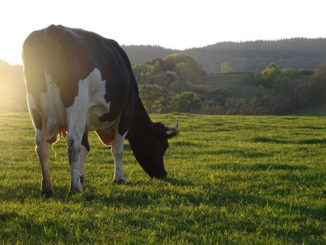
Heat stress and animal physiology
Heat stress has effects on physiological variables like rectal temperature, respiration rate, feed and water intake of animals. It changes the serum biochemical >>>

Heat stress has effects on physiological variables like rectal temperature, respiration rate, feed and water intake of animals. It changes the serum biochemical >>>

Heat stress is a common condition in working equines, especially in the summer months. Excessive weight lifting and running releases sweat causing water and ionic loss. If it is hot and humid, the humidity decreases the amount of heat loss that can be achieved through evaporation, increasing the risk of heat stress. >>>
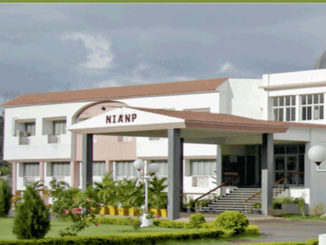
Methane is a potent greenhouse gas (GHG) and it represents approximately 30% of the global >>>
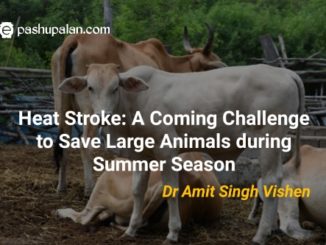
Assessing the level of heat stroke is important to prevent or reduce production losses due to heat stress or even prevent mortality in severe cases. >>>
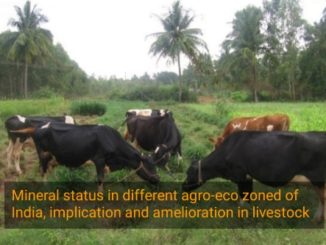
Minerals are required in small quantities, making them apparently less significant in comparison to macronutrients. However, their role in regulating metabolism >>>
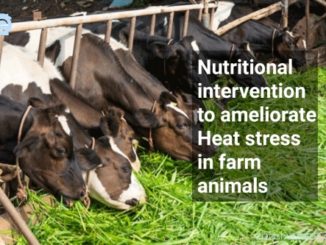
The Adverse Effect of Heat Stress on Animals: A reduction in dry matter intake, growth, feed conversion efficiency, reproduction, milk production and change in >>>
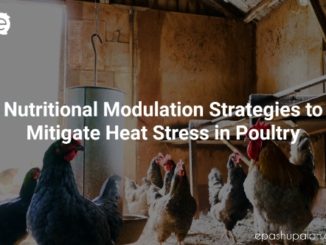
During heat stress, the osmolarity of cell is affected, when there is excessive loss of water and electrolytes from the bird’s body. Thus, the cell integrity >>>